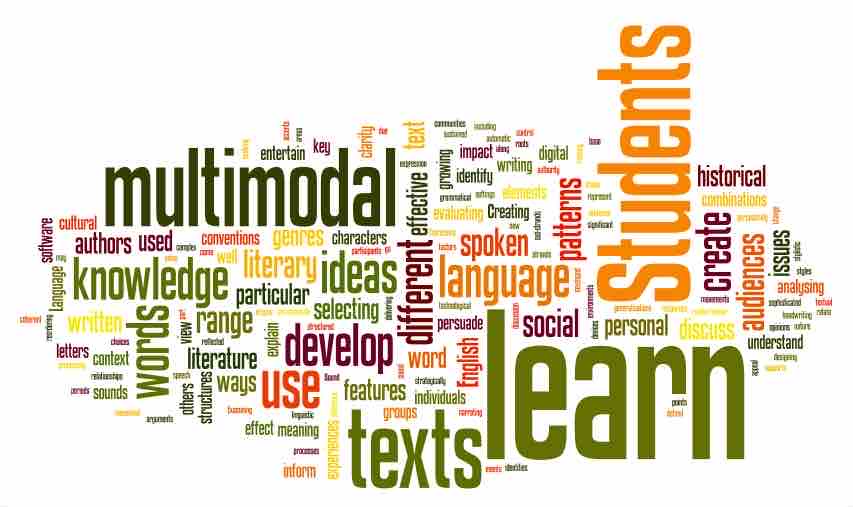Author:
SOCIAL CONSTRUCTION OF IDENTITY, LITERACY, AND EDUCATION
Hazard (2019) states that “identity, literacy, and education are socially constructed” (p. 8), meaning they are shaped by cultural and societal influences. For instance, literacy is not just about reading and writing; it’s about how individuals from different cultures interact with language and knowledge. Similarly, education is influenced by societal norms, meaning students come to the classroom with diverse ways of knowing and learning. The need to equip students with competencies like problem-solving, collaboration, and communication is underscored by frameworks like Sustainable Development Goals, which stress transforming education to meet 21st-century challenges (United Nations, 2016). Educators need to move beyond one-size-fits-all approaches and adopt differentiated instruction that honors the cultural identities of students. This includes adapting content delivery, using inclusive materials, and creating a space where students feel their voices are valued, enhancing engagement and learning outcomes.
ADAPTING ASSESSMENT STRATEGIES TO DEVELOP 21st CENTURY SKILLS
Hazard (2019) emphasizes the importance of assessments that focus on “authentic, cooperative, process-oriented skills” (p. 9). This means assessments should evaluate how well students collaborate, think critically, and apply their knowledge. For instance, group projects on real-world problems allow students to showcase both their subject knowledge and their ability to work with others. By using these process-oriented methods, we help students understand that learning is ongoing, not just about memorizing facts. This approach aligns with Care (2018), who highlights the need for education systems to focus on transferable skills like communication and creativity.
REFERENCES
Care, E., Kim, H., Vista, A., & Anderson, K. (2018). Education system alignment for 21st century skills. Focus on assessment. Brookings Institution.
Hazard, R. (2019). Supporting 21st century skills in language and literacy classrooms with a multiliteracies approach. European Conference on Language Learning at: University College London. https://www.researchgate.net/publication/346187182

Hi Susan,
Thank you for sharing your valuable idea. From your blog, I understand that identity, literacy, and education are socially constructed, making culturally responsive teaching essential. I agree that literacy involves diverse ways of knowing, and differentiated instruction is crucial, though more discussion on implementation within rigid curricula would be helpful. Your emphasis on authentic assessments is valuable, but balancing them with standardized evaluations remains challenging. I am now interested in knowing ways to overcome institutional barriers and supporting educators in adopting these approaches.
Hi Vivek,
Thanks so much for your thoughtful comment! You’ve raised two important points. I agree that implementing culturally responsive teaching within rigid curricula is a challenge, but I think one way we can approach it is by starting small. Maybe teachers could begin by incorporating elements of student identity and culture into existing lessons or assignments, without needing to overhaul everything. It could be as simple as using diverse texts or examples that reflect students’ backgrounds, which can make the content more relevant to them.
As for balancing authentic assessments with standardized testing, I think it’s definitely tricky. While standardized tests are still a big part of the system, perhaps a possible solution is to have more opportunities for students to show their learning in ways beyond just a test. For example, project-based learning could give students a chance to collaborate and demonstrate critical thinking in a real-world context, which could complement traditional assessments.
I also think a key to all of this is providing teachers with support, especially through professional development opportunities that focus on culturally responsive teaching and inclusive assessment strategies. That way, they can feel more equipped to navigate the challenges and take a more flexible approach.
Hi Susan,
I like your sharing about this assignment, especially your posted picture and format of your resposne, they are cute. You mentioned that one-size-fits-all mechanism should be improved, and I could not agree with this any more. Because in our previous education system, we have one similar set of evaluation method for everyone. Through this evaluation system, some people go to the university and some students are supposed not to have the competence to complete their university. Therefore, even though they want to pursuit a university degree, the evaluation results say no to this. To some degree, I think it is not equal to those students who are just not suitable for this evaluation system, however, they are not intelligently unsuitable for the university.